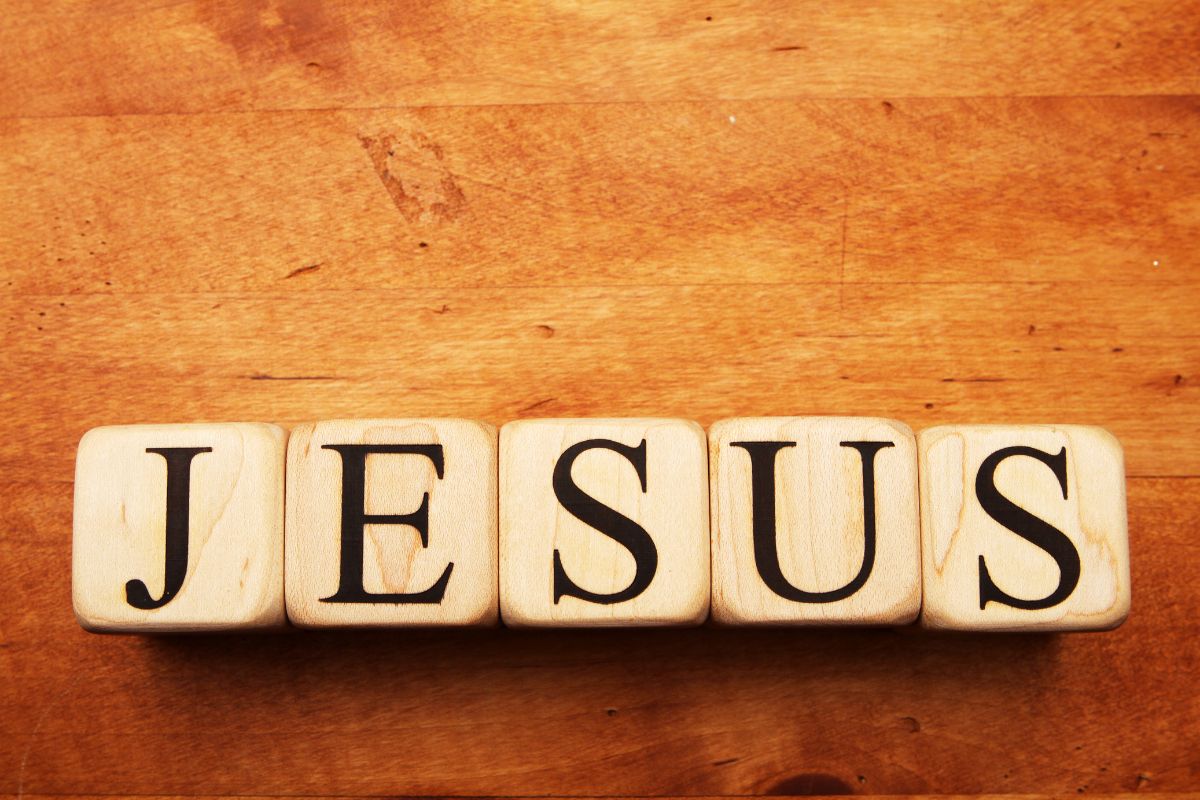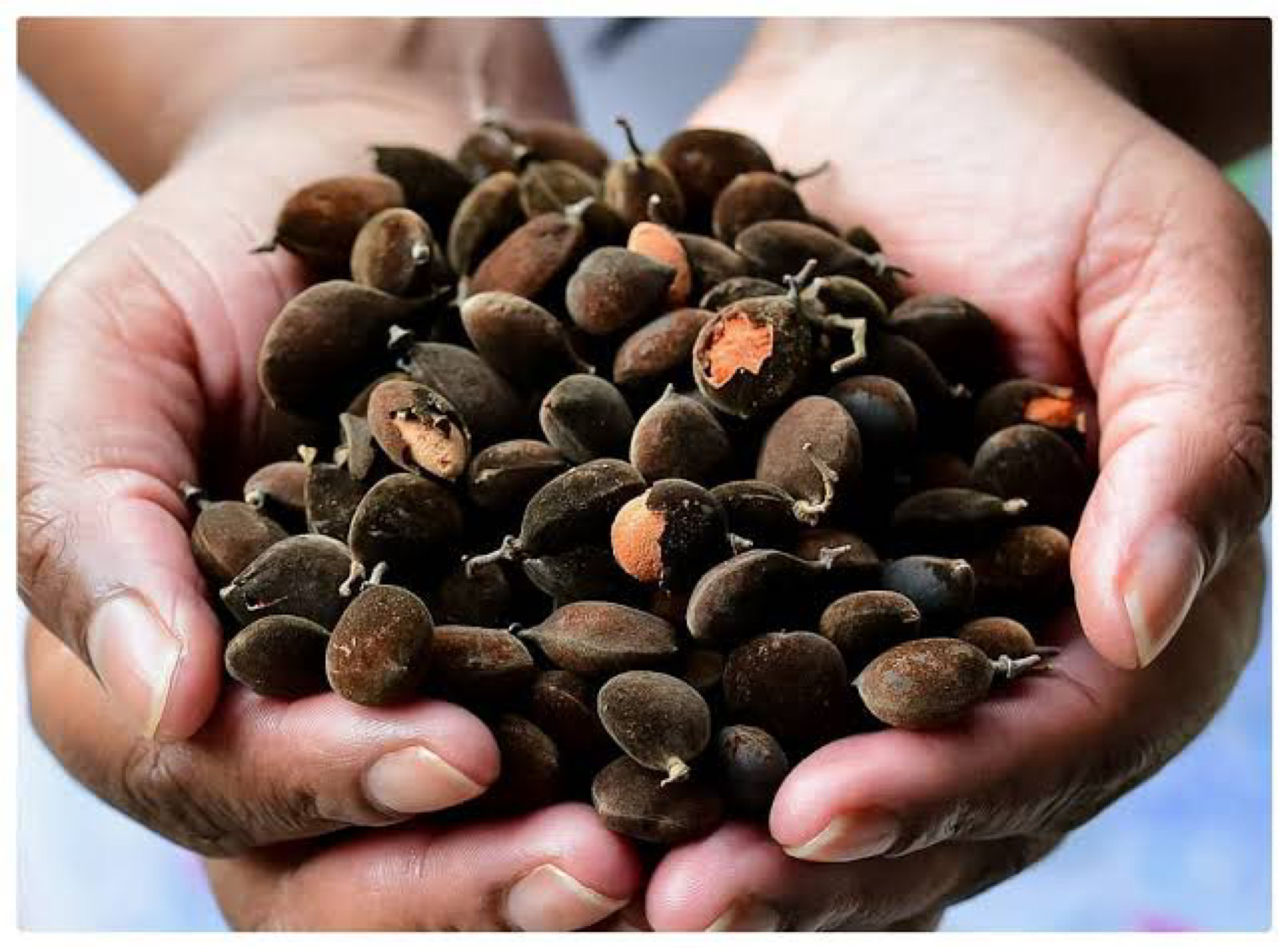TUESDAY OF THE THIRD WEEK OF EASTERTIDE
Acts 7:51-8:1a
Psalm : Ps.31
John 6:30-35

Why was Stephen stoned to death? Here is the dramatic tale! Stephen, one of the seven deacons appointed by the apostles, was tasked with a noble purpose: overseeing the distribution of food. But this humble role quickly turned into something extraordinary! Before long, Stephen was doing miraculous wonders and performing amazing signs among the people, capturing the attention of the early church and ruffling the feathers of the synagogue leaders.
As he gained notoriety, the elders couldn’t sit idly by and watch. They stirred up a storm, inciting others to bring charges of heresy against him. Suddenly, Stephen found himself standing before the high priest, facing fierce opposition and needing to defend his actions.
In a riveting recounting, Stephen took the high priests on a journey through the Old Testament, weaving together its rich history in just a few stunning paragraphs. He passionately articulated the scriptures without ever speaking blasphemy. But just when it seemed he would finish quietly, he unleashed a powerful final message: “You stiff-necked people, uncircumcised in heart and ears, you are forever opposing the Holy Spirit, just as your ancestors used to do! Which of the prophets did your ancestors not persecute? They killed those who foretold the coming of the Righteous One, and now you have become his betrayers and murderers! You are the ones who received the law ordained by angels, yet have not kept it!” (Acts 7:51).
The tension was palpable as Stephen confronted them with such boldness, sealing his fate in a story that still echoes through history!
It was a moment of sheer intensity when the crowd erupted in rage, their teeth grinding as they turned against Stephen. But amid the chaos and fury, he experienced something extraordinary – the breathtaking glory of God with Jesus standing majestically to His right! Triumphantly, Stephen proclaimed this vision to the hostile crowd, but instead of pausing to look up and witness what he had seen, they shoved their hands over their ears, shouting wildly as they rushed toward him to drag him out of the city.
Before long, they began the gruesome act of stoning him, a punishment reserved for blasphemy as decreed in Deuteronomy 24:16. Yet in the midst of such anguish, Stephen prayed passionately, “Lord Jesus, receive my spirit.” As the stones rained down around him, he lifted his voice one last time, crying out, “Lord, do not hold this sin against them!” And with that, he yielded his spirit, becoming an indomitable beacon of faith. Saul, a witness to this harrowing event, stood by, as defined by Deuteronomy 17:7 – the witnesses had a significant role to play.
Stephen’s words in those final moments brimmed with the very essence of Christ’s spirit within him. He sought forgiveness, embodying grace and truth even in death. Today’s responsorial psalm encapsulates the incredible surrender of both Jesus and Stephen as they faced their destinies. From that day forward, the powerful role of saints interceding after death began to take shape. Stephen emerged as the first glorious martyr.
He confronted evil and death head-on, emerging victorious through unwavering faith in Jesus! Instead of retaliating with malice, he chose to respond with divine truth and forgiveness. What an awe-inspiring example for us all as Christians! The Apostle Paul encourages us in 1 Corinthians 11:1, “Be imitators of me, as I imitate Christ.” Stephen’s steadfastness was a catalyst, planting seeds of salvation in unexpected places, like in the heart of Saul.
St. Augustine profoundly declared, “The church owes Paul to the prayer of Stephen.” From Stephen came Paul, and from Paul, the world was transformed. So, what legacy will we leave? What will we do for God? Let’s continue to lean on our faith and embrace the words of today’s gospel: “I am the bread of life. He who comes shall not be hungry; he who believes in me shall never thirst.”
My soul thirsts for your peace, nearer to you my God!
Fr Joseph Osho









































































